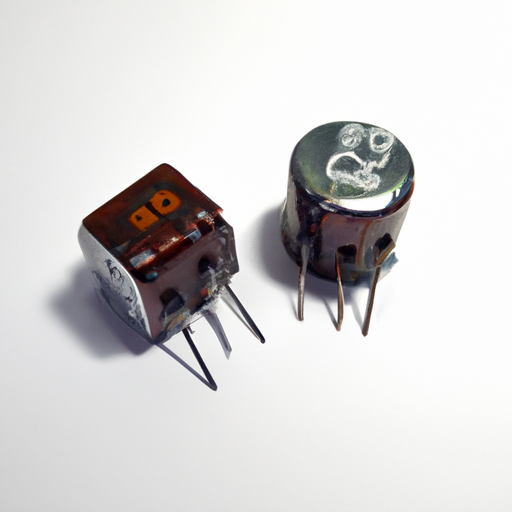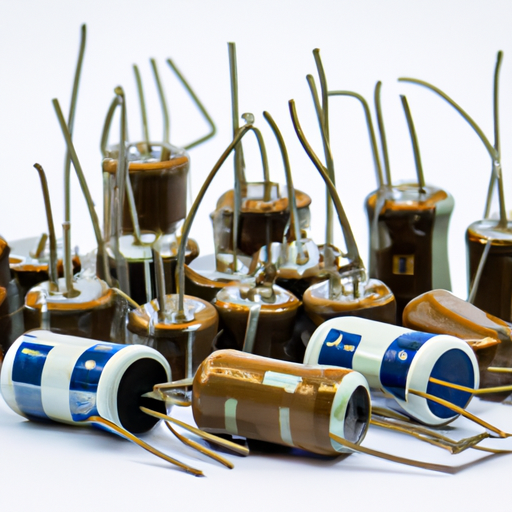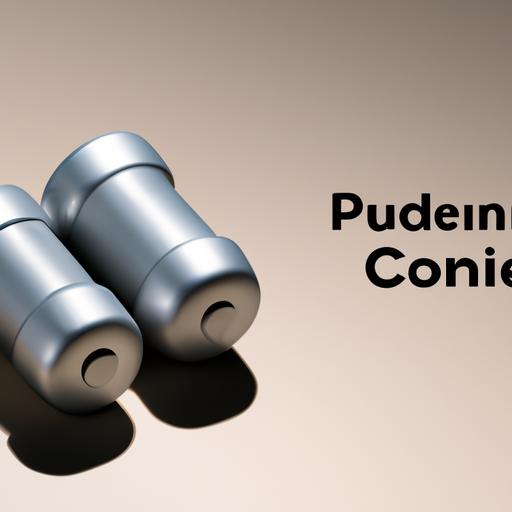The Role of Fan Capacitor Products in Practical Applications
I. Introduction
In the realm of electrical systems, capacitors play a pivotal role in ensuring efficient operation and performance. Among the various types of capacitors, fan capacitors are specifically designed to enhance the functionality of fan systems. This article delves into the definition, function, and significance of fan capacitors, exploring their applications across residential, commercial, and automotive sectors. We will also discuss the benefits they offer, the challenges associated with their use, and future trends in fan capacitor technology.
II. Understanding Fan Capacitors
A. What are Fan Capacitors?
Fan capacitors are electrical components that store and release electrical energy to assist in the operation of fan motors. They are crucial for starting and running electric motors, particularly in fan applications. There are two primary types of fan capacitors: run capacitors and start capacitors.
1. **Run Capacitors**: These capacitors are used in continuous operation applications. They help improve the efficiency of the motor by providing a phase shift in the electrical current, which enhances the motor's performance during its running phase.
2. **Start Capacitors**: These capacitors provide a boost of energy to the motor during startup. They are designed to be in the circuit only for a short period, helping the motor reach its operational speed before being disconnected.
B. How Fan Capacitors Work
The basic principle of capacitance involves the ability of a capacitor to store electrical energy in an electric field. When a voltage is applied, the capacitor charges up, and when the circuit requires energy, it discharges. In fan applications, capacitors help create a phase difference between the current and voltage, which is essential for the efficient operation of single-phase motors commonly used in fans.
III. Applications of Fan Capacitors
A. Residential Applications
Fan capacitors are widely used in residential settings, enhancing the performance of various types of fans:
1. **Ceiling Fans**: In ceiling fans, run capacitors are essential for maintaining a steady speed and ensuring quiet operation. They help reduce energy consumption while providing optimal airflow.
2. **Exhaust Fans**: Exhaust fans in kitchens and bathrooms rely on capacitors to operate efficiently, ensuring proper ventilation and air circulation.
3. **HVAC Systems**: In heating, ventilation, and air conditioning (HVAC) systems, fan capacitors play a critical role in the operation of blower motors, contributing to the overall efficiency of the system.
B. Commercial Applications
In commercial settings, fan capacitors are integral to various systems:
1. **Industrial Fans**: Large industrial fans used in manufacturing and processing facilities depend on capacitors for reliable operation, ensuring adequate airflow and temperature control.
2. **Ventilation Systems**: Commercial ventilation systems utilize fan capacitors to maintain air quality and comfort in large spaces, such as offices and shopping malls.
3. **Refrigeration Units**: Capacitors are vital in refrigeration units, helping to power the cooling fans that maintain optimal temperatures for food storage.
C. Automotive Applications
Fan capacitors also find applications in the automotive industry:
1. **Cooling Fans in Vehicles**: Electric cooling fans in vehicles use capacitors to ensure efficient operation, helping to regulate engine temperature and prevent overheating.
2. **Electric Fan Systems in Hybrid and Electric Vehicles**: As the automotive industry shifts towards electric and hybrid vehicles, fan capacitors are becoming increasingly important in managing battery cooling systems and cabin climate control.
IV. Benefits of Using Fan Capacitors
A. Improved Efficiency
1. **Energy Savings**: By optimizing the performance of fan motors, capacitors contribute to significant energy savings. Efficient fans consume less electricity, leading to lower utility bills.
2. **Enhanced Performance**: Capacitors help fans operate at their designed speeds, ensuring optimal airflow and comfort in residential and commercial applications.
B. Reliability and Longevity
1. **Reduced Wear and Tear on Motors**: By providing the necessary phase shift and energy boost, capacitors reduce the strain on motors, leading to less wear and tear.
2. **Extended Lifespan of Fan Systems**: With less stress on the motor, fan systems equipped with capacitors tend to have a longer operational life, reducing the need for replacements.
C. Cost-Effectiveness
1. **Lower Maintenance Costs**: The reliability of fan systems with capacitors translates to fewer breakdowns and lower maintenance costs over time.
2. **Reduced Energy Bills**: The energy efficiency gained from using fan capacitors results in lower energy bills, making them a cost-effective solution for both residential and commercial applications.
V. Challenges and Considerations
A. Selection of the Right Capacitor
Choosing the appropriate fan capacitor is crucial for optimal performance. Factors to consider include:
1. **Voltage Ratings**: It is essential to select capacitors with voltage ratings that match the requirements of the fan motor to prevent failure.
2. **Capacitance Values**: The capacitance value must be appropriate for the specific application, as using the wrong value can lead to inefficiency or damage.
B. Installation and Maintenance
1. **Importance of Professional Installation**: Proper installation is vital for the safe and effective operation of fan capacitors. Hiring a qualified technician ensures that the capacitor is correctly integrated into the system.
2. **Regular Maintenance Practices**: Routine checks and maintenance can help identify potential issues with capacitors before they lead to system failures.
C. Environmental Considerations
1. **Disposal of Old Capacitors**: Proper disposal of old or faulty capacitors is essential to prevent environmental contamination, as some capacitors may contain hazardous materials.
2. **Impact of Manufacturing Processes**: The production of capacitors can have environmental implications, making it important to consider manufacturers that prioritize sustainable practices.
VI. Future Trends in Fan Capacitor Technology
A. Advancements in Materials and Design
The development of new materials and designs for fan capacitors is expected to enhance their performance and efficiency. Innovations may lead to smaller, lighter, and more efficient capacitors that can handle higher loads.
B. Integration with Smart Technology
As smart home technology continues to evolve, fan capacitors may be integrated with smart systems, allowing for real-time monitoring and control of fan performance, leading to even greater energy savings.
C. Sustainability and Eco-Friendly Options
The push for sustainability is driving the development of eco-friendly capacitors. Manufacturers are exploring biodegradable materials and processes that minimize environmental impact, aligning with global sustainability goals.
VII. Conclusion
Fan capacitors play a crucial role in enhancing the efficiency and performance of various fan systems across residential, commercial, and automotive applications. Their ability to improve energy efficiency, reliability, and cost-effectiveness makes them indispensable components in modern electrical systems. As technology advances, the future of fan capacitors looks promising, with innovations aimed at improving performance and sustainability. Understanding the importance of fan capacitors can lead to better decision-making in their selection and application, ultimately contributing to more efficient and reliable fan systems.
VIII. References
1. "Capacitors in Electrical Systems: A Comprehensive Guide." Electrical Engineering Journal.
2. "The Role of Capacitors in Motor Applications." Journal of Electrical Engineering.
3. "Advancements in Capacitor Technology." International Journal of Electronics and Electrical Engineering.
4. "Sustainable Practices in Capacitor Manufacturing." Environmental Science and Technology.
This blog post provides a detailed exploration of fan capacitors, their applications, benefits, challenges, and future trends, offering readers a comprehensive understanding of their role in practical applications.













